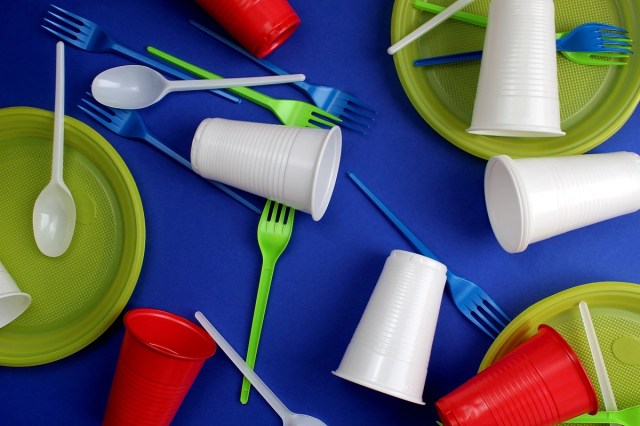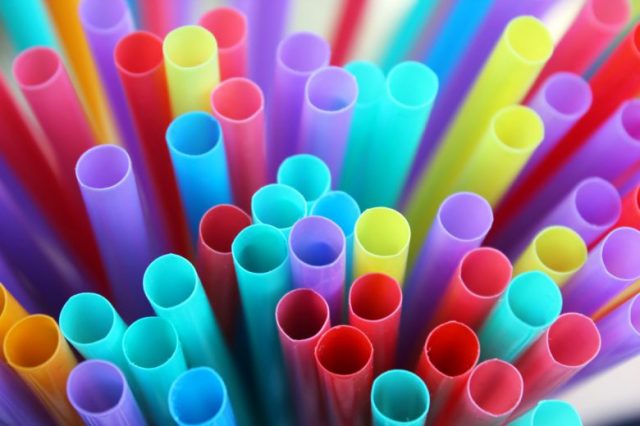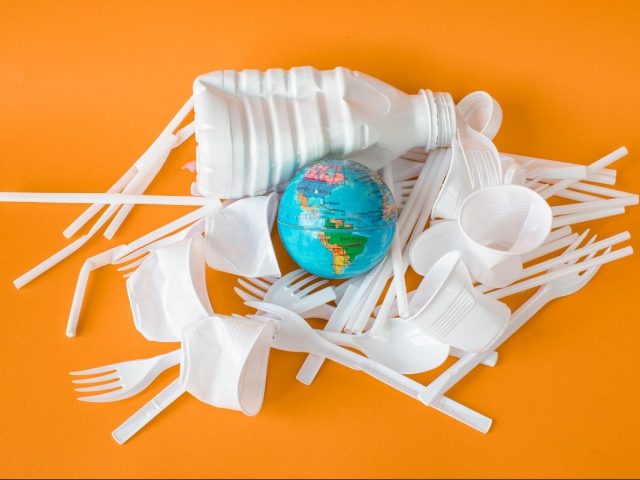
A patent pending high-impact IoT circular economy system for food and waste management in B2B environments has been launched by Berlin-based start-up 1Less.
The solution, also with the same name, combines software and hardware and uses Internet-of-Things technology for a system of re-usable cups, plates and cutlery.
This technical solution aims to offer B2B companies with a sustainable circle economy system without any need for deposits, developing a re-usable set of cups, plates and cutlery for use in all aspects of food delivery.
It’s based on RFID tags and “intelligent” garbage cans with RFID sensors, separating normal waste and reusable pieces of cups and plates.
“In B2B environments, circle economy is used very rarely. The reason is that returning used cups or plates is a bad deal for both parties – attendees and companies alike. Attendees (especially professionals) don’t like to waste their precious time at exhibition areas or airports, standing in a row of people just to return a used cup. They also don’t like to get cash back as they often only use credit cards,” the company said,
“On the other hand, B2B companies running an airport or an entertainment park don’t like to waste time at their food stations returning cash for used plates when instead they could be selling more food or drinks. Also – if there is money in the game, the big machinery of finance and controlling starts working in the background, producing even more costs.
“[With 1Less,] service teams can empty and collect the waste onsite at a local level, transport the circle economy pieces to the existing, industrial washing area and re-stock it back at the food stations, producing a very low carbon footprint.
“The whole system is operated by the facility team or third-party exhibitors who can buy or rent it for their own booth. Very importantly, the garbage solution can also incoporate UV to help to mitigate and contain infectious viruses such as COVID-19.”
1lESS’ re-usable cups and plates will be done by mono-plastic (100 per cent recycling), while the RFID tags are part of the cups and can also be separated and recycled fully.
After development of the prototypes in 2021, the first major trials are scheduled for 2022.


